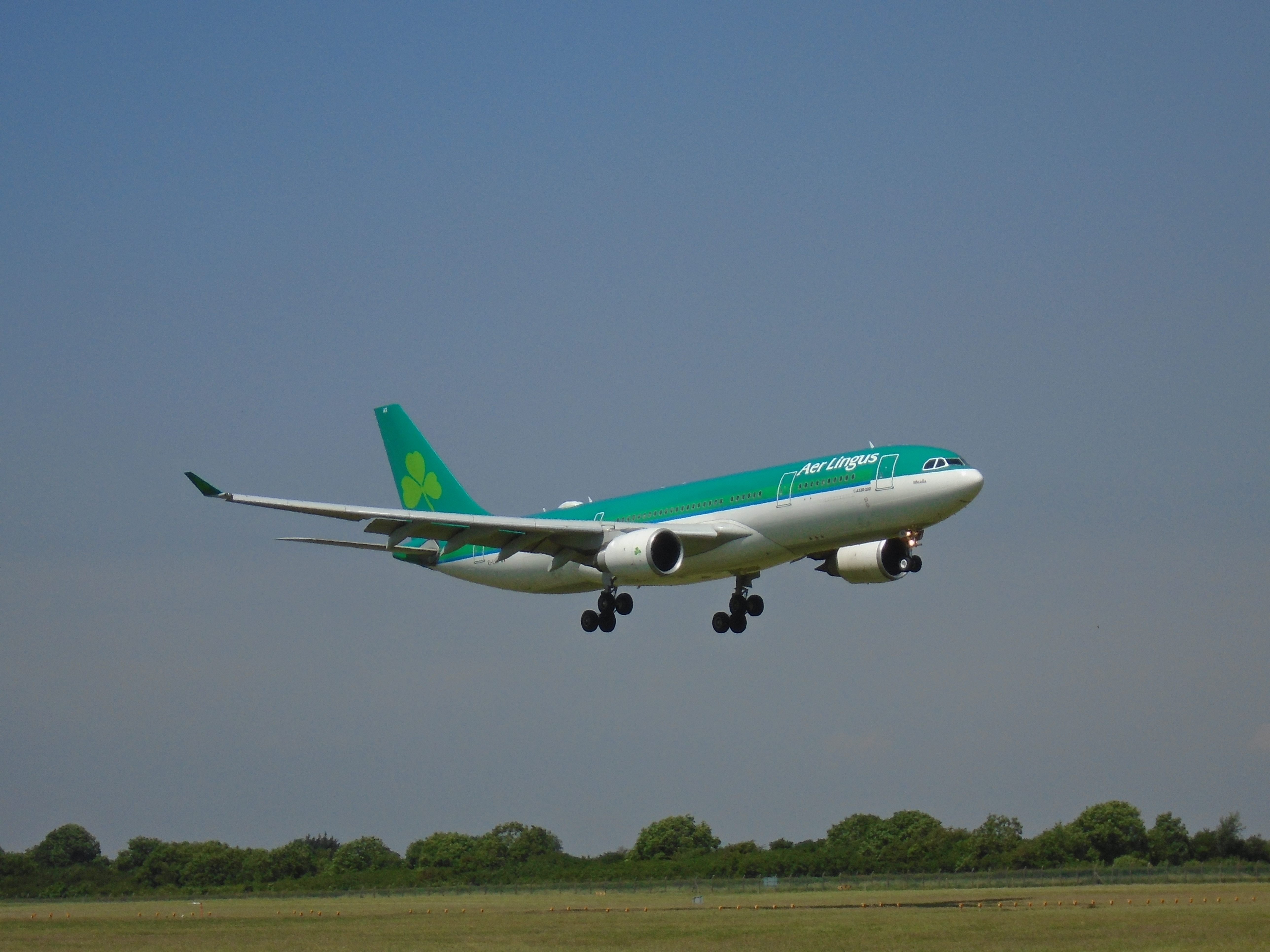




29 Apr 2025
The Need for Aircraft Appraisals: More Than Just Numbers on Paper
In an industry where aircraft can cost upwards of £100 million, knowing the true value of an asset isn’t just important—it’s essential. Whether you’re a lessor evaluating your portfolio, a financier structuring a deal, or an airline planning fleet changes, aircraft appraisals form the bedrock of informed, risk-aware decision-making.
But let’s break it down a bit more. What exactly is an aircraft appraisal? Why is it needed? And more importantly, how can the right appraisal partner help you make better business decisions in an increasingly complex aviation environment?
What Is an Aircraft Appraisal?
In simple terms, an aircraft appraisal is an expert valuation of an aircraft or fleet. It involves assessing a range of factors—aircraft age, configuration, maintenance condition, market demand, usage history, and technical status—to determine its current, future, or residual value.
There are different types of values used depending on the context:
- Current Market Value (CMV): What the aircraft would fetch today, under fair market conditions.
- Base Value (BV): A more theoretical value assuming a stable, balanced market and standard conditions.
- Future Value (FV): A projected value at a future date, often used in long-term financial planning or lease structuring.
Why Do Aircraft Appraisals Matter?
Aircraft are unique, high-value assets that depreciate, are influenced by global trends, and are deeply tied to regulatory and operational factors. Because of this, an accurate appraisal does more than estimate worth—it provides a lens into an asset’s risk profile, lifecycle potential, and investment viability.
Here’s why appraisals are not just “nice to have,” but absolutely critical in aviation:
1. Supporting Leasing and Financing Decisions
Aircraft leasing makes up over 50% of the global fleet today. Every leasing transaction—from origination to end-of-lease handback—requires a clear understanding of the aircraft’s value.
Lenders and lessors rely on appraisals to:
- Determine loan-to-value(LTV) ratios
- Understand residual value risks
- Price lease rentals appropriately
- Make decisions on early buyouts, extensions or sales
Without a robust appraisal, financing decisions can rest on shaky ground.
2. Helping Investors Understand Risk
Aircraft are popular among institutional investors—pension funds, private equity, infrastructure managers—but they’re not easy to assess. Values fluctuate based on:
- Oil prices
- Demand for certain aircraft types
- Fleet retirements
- Regulatory changes (e.g. ICAO carbon emission caps)
Appraisals provide a data-backed snapshot that helps investors quantify risks and returns, often forming a key part of due diligence during acquisition or sale.
3. Informing Fleet Planning for Airlines
For airlines, managing a fleet efficiently is central to profitability. Whether buying, leasing, or phasing out aircraft, knowing the market value helps:
- Compare aircraft types for long-term performance
- Align fleet decisions with financial goals
- Forecast depreciation for accounting purposes
A good appraisal isn’t just about today’s numbers—it helps build a forward-looking strategy.
4. Ensuring Accurate Financial Reporting
Aircraft values play a significant role in balance sheets, particularly for lessors and airlines. Regulators and auditors expect:
- Transparent, consistent valuation methodology
- Third-party confirmation of values (often required by IFRS or US GAAP)
Accurate appraisals ensure your financial reporting meets regulatory standards and investor expectations.
5. Supporting Aircraft Redeliveries and Transitions
At lease-end, disagreements between lessors and lessees often arise around return conditions. Appraisals play a key role here too, ensuring fair assessments of:
- Maintenance condition
- Modifications
- Airframe hours/cycles
- Impact on future leaseability or resale value
Having an independent expert appraisal can prevent disputes, or resolve them more efficiently.
Appraisals in a Post-Pandemic World: A New Level of Importance
The COVID-19 pandemic disrupted global aviation like never before. Thousands of aircraft were grounded, deals were restructured, and demand patterns shifted. Even now, several types of aircraft have yet to return to pre-2020 valuations.
This turbulence has made data-driven, context-aware appraisals more important than ever.
For instance:
- Widebody Aircraft like the A380 lost significant value due to long-haul market collapse.
- Narrowbody Aircraft, especially the A320neo and B737 MAX, bounced back quicker due to regional and low-cost carrier resilience.
- Cargo Aircraft rose in value due to global e-commerce demand.
All of this means traditional valuation models have had to adapt. Appraisers now incorporate more real-time market data, lease performance metrics, and scenario modelling to reflect today’s realities.
What Makes a Good Appraisal Partner?
Not all appraisals are created equal. The value of a valuation depends greatly on who’s doing it, how it’s done, and what data supports it.
At Acumen Aviation, our approach is deeply rooted in:
- Technical understanding: We’re not just number crunchers—we understand aircraft inside out.
- Market intelligence: Our global presence gives us on-the-ground insight into regional trends, lease rates, and asset performance.
- Independent expertise: We’re accredited, trusted, and impartial—our clients know we bring rigour to every appraisal.
- Custom reporting: We tailor appraisals based on your specific use-case, whether that’s lending, remarketing, redelivery, or M&A.
From single aircraft to full fleet assessments, we support banks, lessors, airlines, and investors across the value chain.
Real Examples: The Appraisal Difference
Let’s say a lessor holds an ageing A330 in its portfolio. The original plan was to remarket it post-lease, but secondary market demand has softened. An updated appraisal helps them decide:
- Should the aircraft be converted to a freighter?
- Is part-out a better financial strategy?
- How do projected maintenance costs affect long-term ROI?
Or consider a financier evaluating a deal to back a regional carrier’s fleet expansion. Our appraisal not only confirms aircraft values, but also benchmarks lease rate factors and market sentiment—helping the lender structure the deal with better risk mitigation.
Final Thoughts: Don’t Guess, Appraise
In a world where fleet dynamics shift quickly, regulatory frameworks evolve, and sustainability is rewriting the rulebook, guesswork is no longer an option.
Aircraft appraisals provide a stable, data-backed foundation for better decisions, reduced risk, and long-term profitability. Whether you’re buying, leasing, financing, or managing aviation assets, accurate valuations help you stay informed and ahead.
At Acumen Aviation, we believe in valuations with depth—not just numbers on a page, but insights you can act on. With our blend of technical expertise, industry insight, and commitment to integrity, we help you unlock the real value in your aviation assets.
Interested in an aircraft appraisal?
Get in touch with our team at www.acumen.aero to learn how we can support your next big decision.





